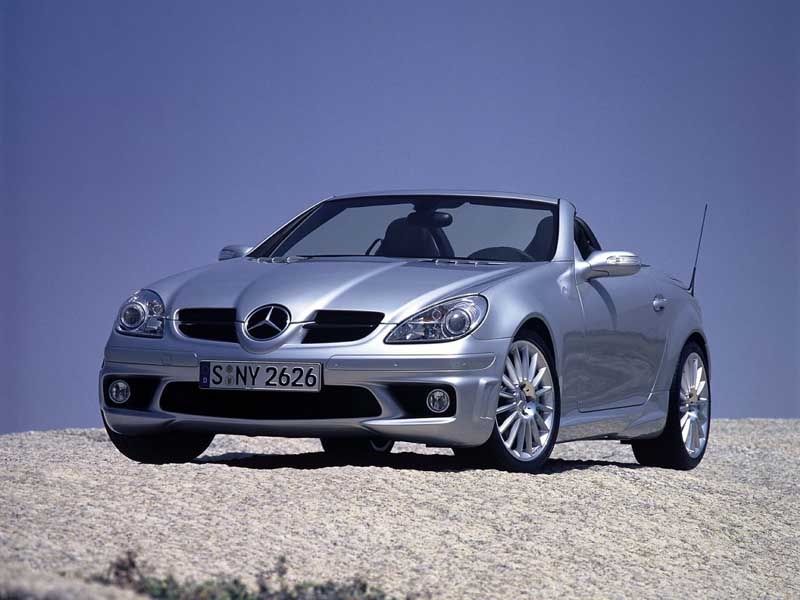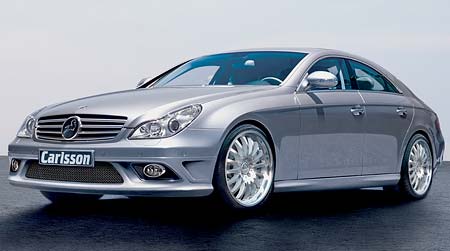
If you've not yet done so, please read Shoals's nearly perfect articulation of Ron Artest. As I think about the piece, I like it even more for having been posted during the nation's birthday weekend. Seems like a subtle, even if unintended, ribbing for all of Ron's self-righteous detractors. He enjoys freedom and opportunity in this land, too.
Also, please check the latest recommendations posted in the Amazon widget along the right side of this page. Clicking through means good things for FD, for the products endorsed, for Amazon, and for your karma. Just clicking through before buying something else is helpful. The karma bit's been verified by science, by the way.
If ever there were a summer made for Rasheed Wallace, this is the one. The draft yielded few sure vessels of transformation, and free agency has mostly offered existing contenders new resources for strengthening their positions. (Unless folks are expecting exuberant Turkish people to help push Toronto to the top of the Eastern Conference.) Should it actually arrive, enabled by The 2010 Free Agent Class and a coming draft haul expected to greatly exceed that from last month, the much-discussed New League Order remains at least a year away. For the time being, teams with stars, systems, and identities all firmly established are jostling to find the element that will deliver a championship. Rasheed Wallace is playing with house money as these squads gamble.

We already know that history is likely to speak ill of Roscoe. It will harp upon his volatility. It will almost jeer as it calls him an underachiever. And it surely will subsume his contribution to Detroit's recent championship, bundling it with "however" and "if only" while emphasizing the technicals and the meltdowns. Rasheed will go out as grousing, mercurial, unreliable. His enormous talents will only damn him, as the critics, whose voices appear to ring loudest, cite his gifts as evidence of the disappointment he's authored. We need not even wait for validation; already, the historic Portland collapse from 2000 is an iconic moment for all the wrong reasons. A family man, a concerned member of his communities, a thoughtful fellow--makes no difference. Rasheed is nonetheless cast as the embodiment of failure, a source of the Jail Blazer malignancy and a paradigm of the problematic NBA player.
Rasheed's story would be different had he won more, or, in the alternative, had he been a lesser talent. Fair or not, he has been crushed by falling bricks from the crumbling foundation laid by expectation. The popular story of Roscoe never cares to take up trifling details such as his natural deference, or his preference for serving as an equal and not a star. Our sports culture so thoroughly disdains "wasting" talent that Rasheed Wallace's career is almost wholly anathema. People see his gorgeous jump shot, his facility near the basket, his technical proficiency and deride him as disinterested, insincere, or straight up idiotic. They observe that he's among the most gifted on-ball post defenders in memory, or they recognize his basketball intelligence, and they seethe that he's not nearly effective enough. For years, Wallace was supposed to mature into a leading man on par with players who share his physical prowess. Players like Timothy D and Kevin. Yet, he didn't, and the convention that reviles Wallace never allowed for a reconciliation of Roscoe's game and the ways we watch basketball. So Rasheed has enjoyed most-hated-on status.
Were sports dialogue less rigid, were attitudes more malleable, Rasheed may have had a chance. Rather than damning Wallace for what he isn't, we might have instead appreciated the intrinsic value of a diverse and refined skill set. Roscoe is fun to watch. Further, Roscoe hints at new possibilities, perhaps more than any other big man. Kevin Garnett, for instance, is many things, but a reliable post scorer and a three-point threat are not among them. Dirk Nowitzki, too, is many things, but an athletic and crafty defender has yet to appear on anyone's scouting report. Somehow, Rasheed doesn't get credit for what he is, nor, more rhapsodically, for what he's shown someone else might be. Seeing him score from the outside before drop-stepping and fading his way to more points on the next possession fairly invites the question of why he doesn't score more often, or more reliably. That said, more creative sports thinking could perhaps allow this inquiry to exist alongside greater admiration for Roscoe's game. Only, that's not how the world works. The emphasis, instead, is on how far he remains relative to where he is supposed to be.
Rasheed bears some blame, of course. His flare-ups have been counterproductive, and shameful moments like Game 6 against Cleveland three seasons ago strike at whatever sympathy his personality, history, and style encourage. Be moody. Reject that talent carries with it a mandate to aspire for greatness. But don't flout obligations, or punk out in such explosive, consuming fashion. Boorishness leads to anger. In that way, Roscoe has invited some scorn.

Miscreant or misunderstood, fairly criticized or unfairly villified, Sheed is most certainly not a superstar. He would likely be first to say so. He is, instead, a highly skilled complementary player, albeit one whose natural gifts are vast but not focused in the way that separates Kobe from Pietrus. As noted, this is the summer of Wallace's dreams.
On Wednesday, Roscoe officially signs up with the Celtics. The idea is that a healthy Kevin and the improved frontcourt depth which Rasheed creates will elevate the Celtics above the Cavs and the Magic, to say nothing of the Lakers. Rasheed will arrive to find a team with a leader (or three), a pecking order, a coach who juggles personalities, and a system. He is being added as Rasheed Wallace, Missing Link, not Rasheed Wallace, Primary Element. When he arrived in Detroit, despite assuming a role in the starting lineup and immediately becoming a prominent figure, he enjoyed similar luxuries. The Pistons had two guards who ran the offense and the team. The Pistons had a defensive anchor whose effort forbade anyone else from taking plays off. And--without rendering judgment about his disposition or playing the right way--the Pistons had LB, in all his lugubrious glory. (OK, so I judged his personality a little.)
In the D, Sheed wasn't asked to be "the leader" and wasn't asked to be "the guy" in a basketball sense. He was asked to assimilate--something he does well, as he's quite bright--and find ways to use his enormous ability in complementary fashion. Without compromising who he is, Wallace helped the Pistons win one title and come within a bad fourth quarter of repeating the next year. Perhaps it wasn't coincidental that the Pistons fell off as the coach left, the defensive anchor left, the point guard started to wear down, and more was quickly demanded from Rasheed. Judge Wallace as you will, but teams commonly cannot succeed when its players are asked to do things beyond their capabilities and comfort zones. That doesn't excuse untimely technicals, but it does, as usual, answer the more thoughtless dismissals that Wallace simply didn't fulfill his potential. For a time, he did. When those expectations grew outsized, he couldn't meet them and the team withered.

Awarding the 2010 championship to Boston on July 6th would be a little silly. Let's not do that. But let's acknowledge that Boston may be adding the most gifted role player of all time. And there is no intended shame in that distinction: as just noted, Roscoe knows the role he wants and has proven that he can acquit himself well when properly cast. In Boston, he will be afforded the opportunity to again demonstrate what he does, and how he best does it. A championship is not likely to undo all of the harm his reputation and legacy have incurred, but he might be able to affix some lasting repairs.
The question of temperament can't be avoided, so we should dwell upon that for a moment. Rasheed erupts sometimes. It will inevitably happen in Boston. (Can't wait to see how Boston treats such a flamboyant, on-court-angry black man if things don't go as planned.) But, is there anyone who credibly can argue that Sheed's temper will be a problem? When he has to walk back to a huddle which features a man who matched Kobe's playoff intensity while in street clothes, and probably while seated on his couch last month? Kevin Garnett will not suffer fools, distractions, or undermining tantrums. If anything, the rest of the league should be terrified. Combining Rasheed's indignation and KG's fury might resemble what would happen if the sun made a nuclear weapon and detonated it inside of a 100 supernovas. The entire Warriors backcourt could be blown off the court by the force of the energy. Also, if you can buy stock in something like "'motherfucker' being uttered in Boston," now might be a good time.
.jpg)

We are at a moment when the thrust of NBA activity centers around filling in at the margins and finding that last required piece. Sheed's been here, waiting for us to acknowledge this need. Everyone should let him do it.















No comments:
Post a Comment